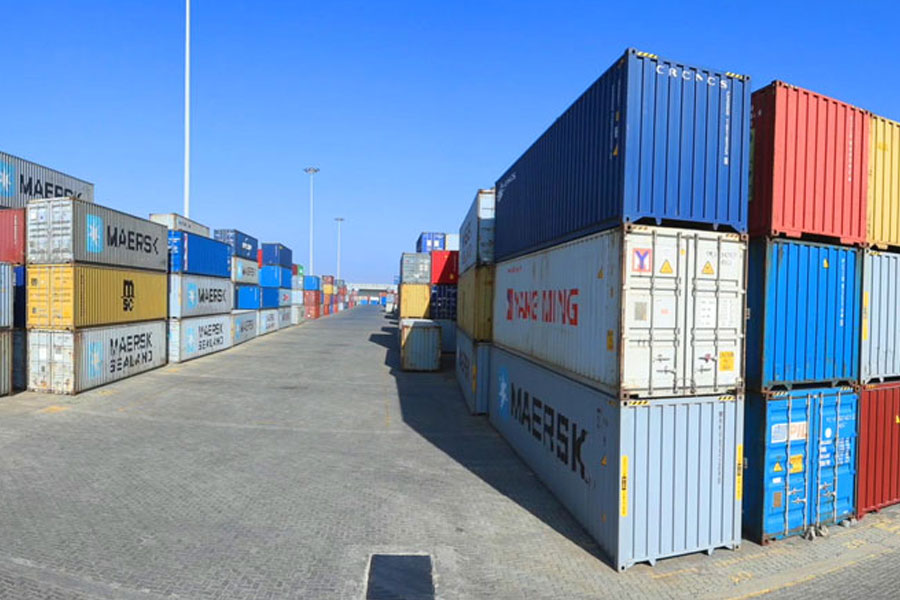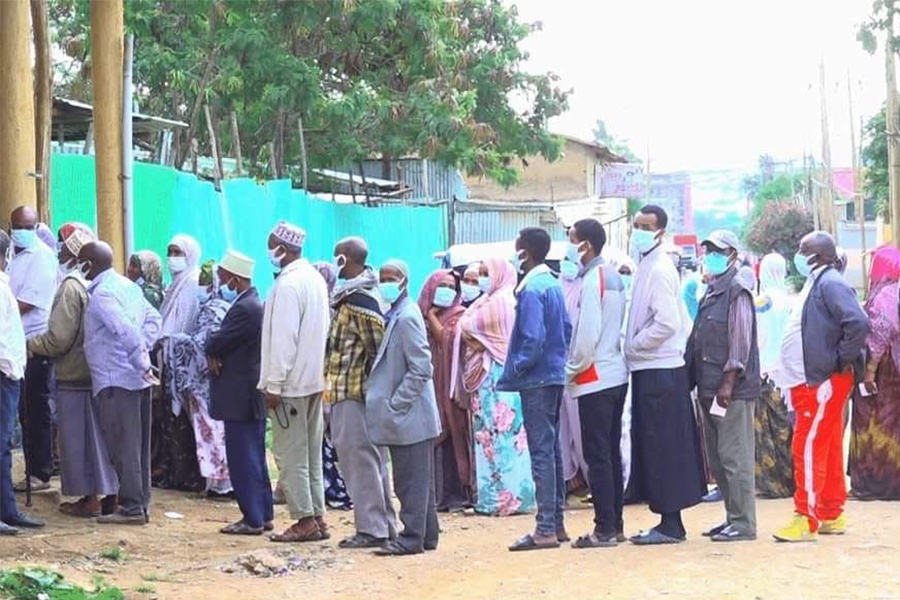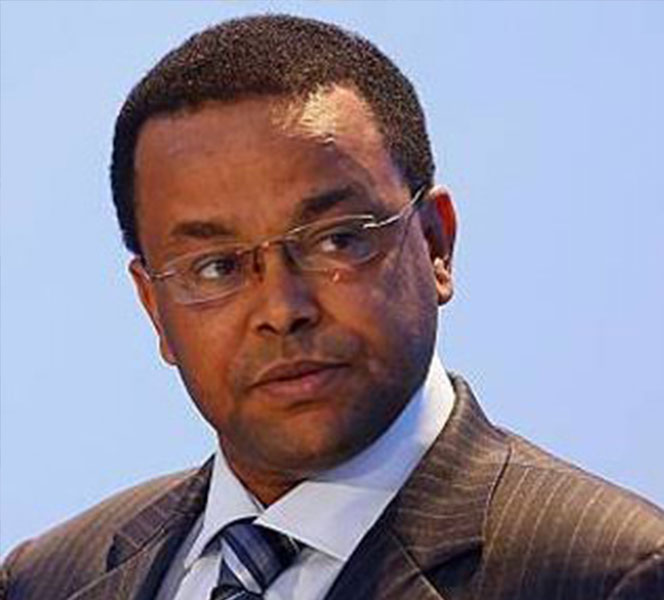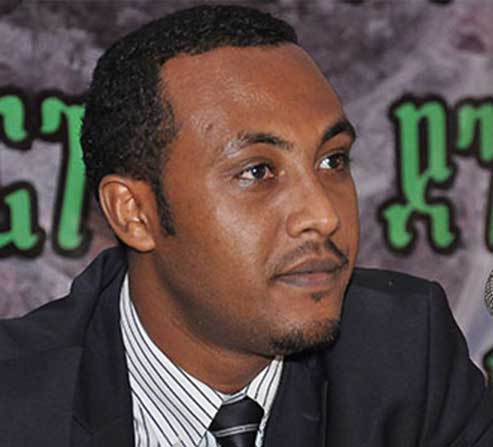
Fortune News | Jun 04,2022
Ahadu Bank will soon join the financial sector with a little over half a billion Birr in paid-up capital after promoters received a positive nod from authorities at the central bank.
The founding shareholders are set to begin notary signing at the Document Authentication & Registration Agency (DARA). Beginning last week, they have begun signing the memorandum of association and articles of incorporation. The signing will take two weeks to complete before moving on to setting up branch offices and hiring staff.
It is a move that has left Ahadu's promoters upbeat, becoming the second bank to edge closer to operation and secure a license from the National Bank of Ethiopia (NBE), following Goh Mortgage Bank. Ahadu is among over 20 banks under formation, a bloc industry insiders call "fourth-generation banks". These are a new wave of banks entering the financial sector after a period of almost a decade that saw the formation of no financial institutions.
Ahadu began floating shares at a par value of 500 Br in 2020. A shareholder is required to subscribe to a minimum of 40 shares while limited to two percent of the bank's capital, three percentage points lower than the equity cap the central bank set a decade ago. Ahadu has raised 740 million Br in subscribed capital from 9,600 shareholders, 545 million Br of which is paid up, 10 times lower than mobilised by Amhara Bank. The latter is awaiting a permit from regulators at the central bank to begin the signing by founding shareholders of a memorandum of association.
Ahadu needs to raise its capital tenfold in seven years to comply with the central bank's directive for all commercial banks to exceed five billion Br in paid-up capital. Ahadu promoters plan to raise the minimum paid-up capital in five years, according to Anteneh Sebsebe, elected to chair the board of directors during the Bank's first general assembly held at the Ghion Hotel in December last year.
Ahadu Bank is expected to open for business in three months, with 25 branches in Addis Abeba, and another 25 opened in a year, Anteneh told Fortune.
"We want to have a presence across Ethiopia and collect four billion Birr in deposits within a year," said Anteneh.
The Bank plans to become fully digital eventually.
Of the over two dozen banks currently under formation, some are planning to offer specialised services to get ahead of the pack. Selam and Goh banks want to capitalise on the housing market, doubling down on mortgage banking. Hijra and ZamZam joined the industry just weeks ago as the country's first full-fledged interest-free banks.
Worku Lemma, former president of Oromia International Bank, sees many entrants to the industry as a positive development but expresses his concerns that most of these new banks lack the focus and the means to make a difference in financial inclusion.
Ahadu Bank focuses on serving "the missing middle," clients Anteneh believes have been overlooked in microfinance and by mainstream banks.
"We'll provide micro-loans and overdraft facilities to our customers, starting from 50 Br," he said.
Worku says the banking industry needs to give special attention to rural areas in a country where less than five percent of the population is banked. He has reservations about digital services, as the majority of Ethiopians are not connected digitally and averse to technology.
"Aiming to go fully digital during the first year of operation is risky and won't be effective," said Worku.
PUBLISHED ON
Jul 11,2021 [ VOL
22 , NO
1106]

Fortune News | Jun 04,2022

Sunday with Eden | May 23,2021

Fortune News | Sep 30,2021

Radar | Aug 04,2024

Radar | Dec 07,2019

Fortune News | Dec 10,2018

Commentaries | Nov 30,2019

Radar | Jan 07,2022

Fortune News | Mar 17,2021


Dec 22 , 2024 . By TIZITA SHEWAFERAW
Charged with transforming colossal state-owned enterprises into modern and competitiv...

Aug 18 , 2024 . By AKSAH ITALO
Although predictable Yonas Zerihun's job in the ride-hailing service is not immune to...

Jul 28 , 2024 . By TIZITA SHEWAFERAW
Unhabitual, perhaps too many, Samuel Gebreyohannes, 38, used to occasionally enjoy a couple of beers at breakfast. However, he recently swit...

Jul 13 , 2024 . By AKSAH ITALO
Investors who rely on tractors, trucks, and field vehicles for commuting, transporting commodities, and f...

Sep 13 , 2025
At its launch in Nairobi two years ago, the Africa Climate Summit was billed as the f...

Sep 6 , 2025
The dawn of a new year is more than a simple turning of the calendar. It is a moment...

Aug 30 , 2025
For Germans, Otto von Bismarck is first remembered as the architect of a unified nati...

Aug 23 , 2025
Banks have a new obsession. After decades chasing deposits and, more recently, digita...